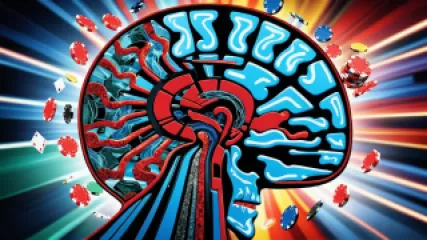10 Thought-Provoking Existential Questions for Life Coaching
for 1 år siden
Eksistentielle Spørgsmål
How to Overcome Shyness: 7 Coping Strategies to Build Confidence
for 1 år siden
Overvinde Generthed
Exploring the Impact of Cognitive Biases on Psychological Well-Being
for 1 år siden
Kognitive Biaser
My Journey to Behavioral Change: Overcoming Challenges, Finding Strength
for 1 år siden
Adfærdsændring
Navigating Peer Relationships: A Research-Based Approach
for 1 år siden
Jævnaldrende Forhold
Aging and Self-Esteem: How to Boost Your Confidence as You Grow Older
for 1 år siden
Aldring og Selvværd
The Ultimate Guide to Bereavement Support Groups
for 1 år siden
Sorgstøtte
Step-by-Step Guide to Overcoming Shyness
for 1 år siden
Overvinde Generthed
Top 10 Emotional Disorders and How to Manage Them
for 1 år siden
Følelsesmæssige Forstyrrelser
My Journey with Virtual Bereavement Support
for 1 år siden
Sorgstøtte
The Ultimate Guide to Behavioral Change
for 1 år siden
Adfærdsændring
How Can Bereavement Counseling Online Help Me Cope with Loss?
for 1 år siden
Sorgstøtte
Comprehensive Online Support for Bereavement: Research Findings
for 1 år siden
Sorgstøtte
My Journey to Overcome Victim Mentality
for 1 år siden
Overvinde Offermentalitet
Examining the Psychology Behind Gambling Addiction
for 1 år siden
Spillets Psykologi















